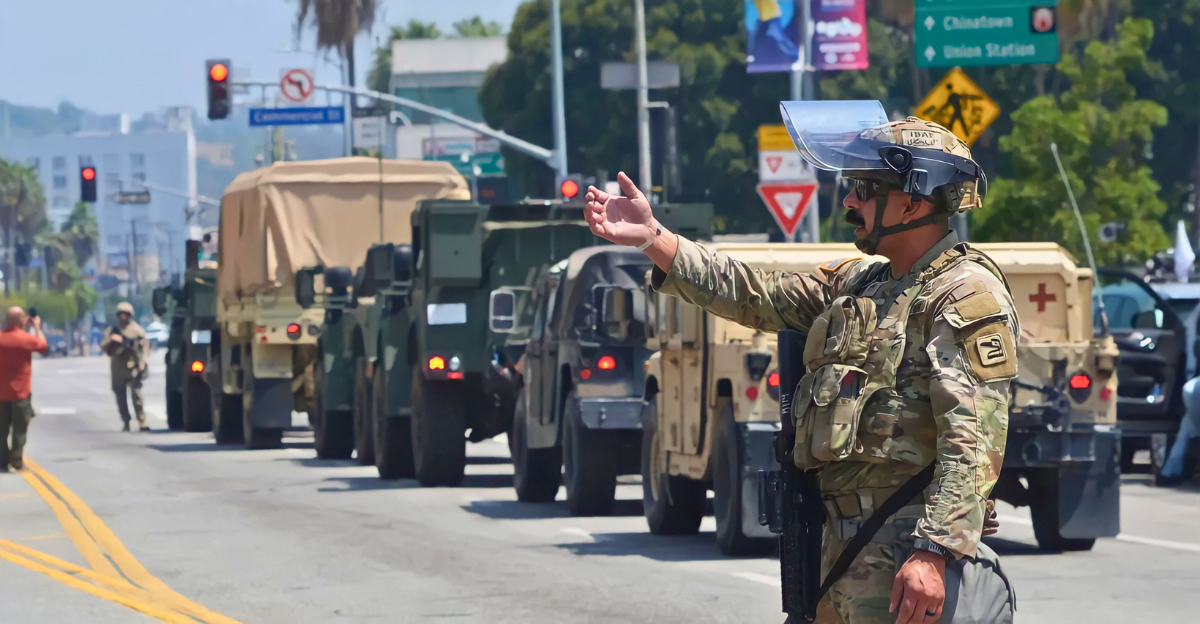
The Trump administration’s proposal to deploy up to 1,700 National Guard troops across 19 states, including Texas, is drawing nationwide attention.
According to Fox News, Pentagon officials confirm this operation will support immigration and crime enforcement.
“We’re doing what’s necessary to secure our communities,” a senior DHS official said. The stakes, both political and humanitarian, are high from the start.
Federal Force Mobilizes
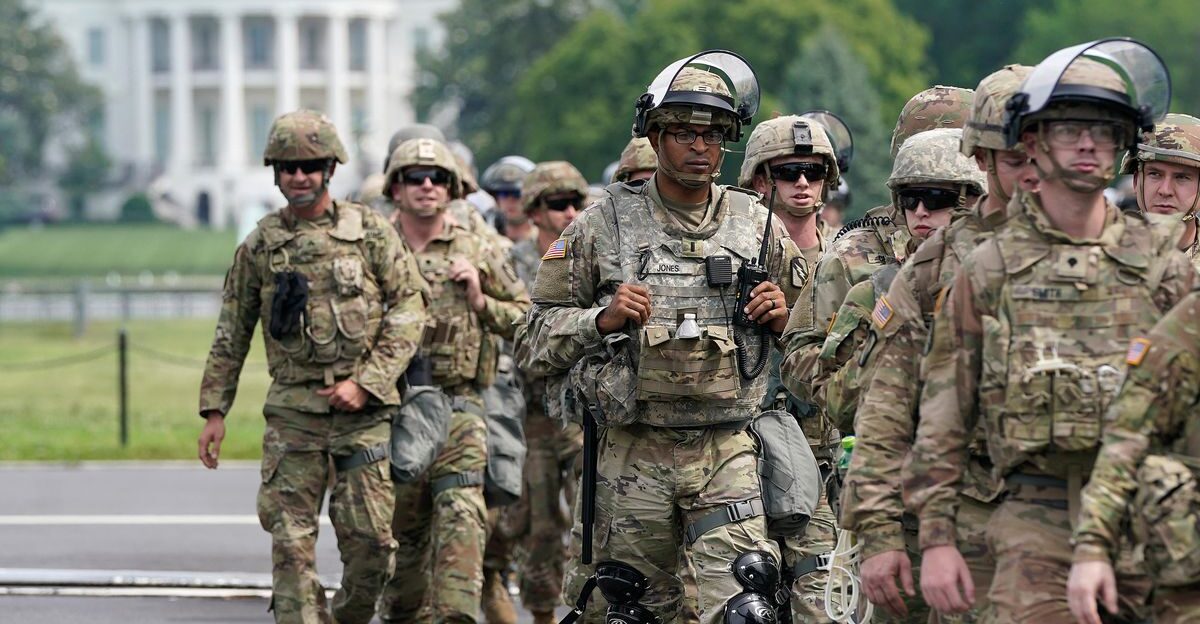
Documents obtained by Fox News and corroborated by Newsweek show Texas is preparing to host the largest contingent of Guard troops.
“This is one of the largest activations for non-combat purposes in recent years,” says Dr. Lindsey Cohn, a military policy expert. The move reflects surging interstate cooperation—and escalating controversy—over federal interventions.
Roots in History
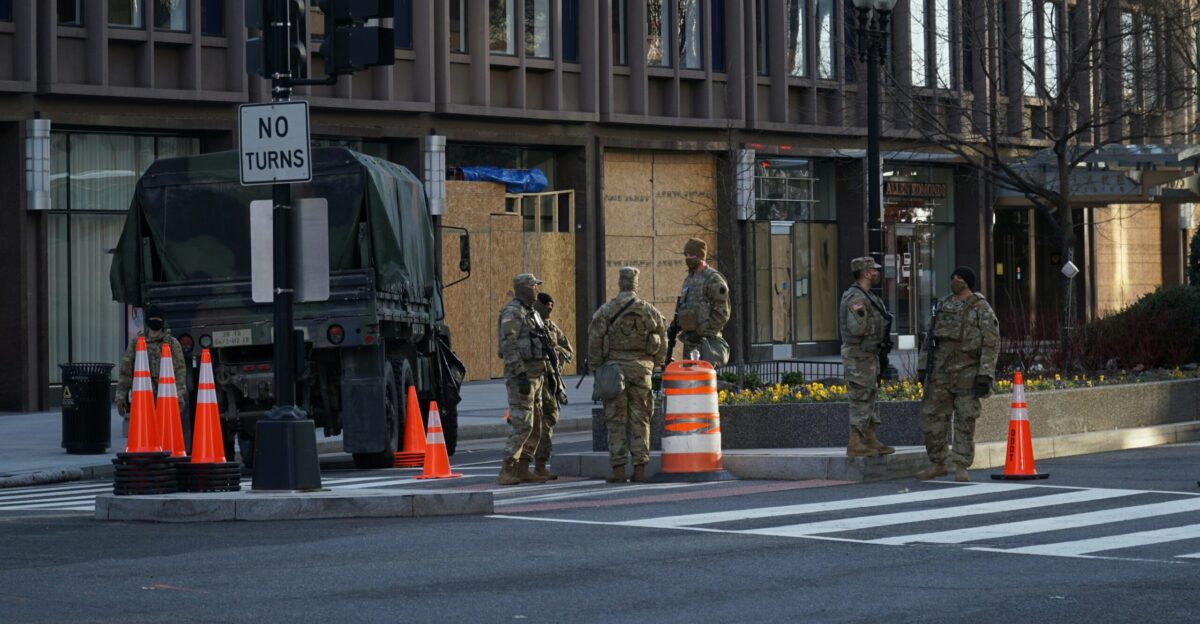
Historically, the National Guard has served during natural disasters, riots, and emergencies, but rarely for extended multi-state immigration enforcement.
“This scale is unparalleled since post-9/11 activations,” said Dr. Michael O’Hanlon of Brookings. The move echoes past debates about federal versus state control in deploying troops for domestic policy goals.
Intensifying Pressure

Spikes in border crossings and violent crime rates have been documented across key Southern states. Republican leaders in Texas and Florida requested federal support in response to “overstretched state resources,” according to AP.
Immigration experts warn that rising numbers and insufficient facilities have left some regions in crisis mode this summer.
Orders Are Issued

Late in August, Pentagon officials confirmed the Trump administration’s decision to begin deployments. “We will use every tool to restore the rule of law,” President Trump stated at a White House briefing.
Plans run from August through mid-November, with state officials notified of their anticipated troop allocations and mission scope.
Big Moves in Texas

Texas stands at the heart of the operation. The Houston Chronicle reports that Texas is set to receive the largest single deployment. “Our state is ready and willing,” said Governor Greg Abbott.
The assigned National Guard units will support logistical, clerical, and security roles in coordination with Immigration and Customs Enforcement (ICE).
Human Impact on the Border
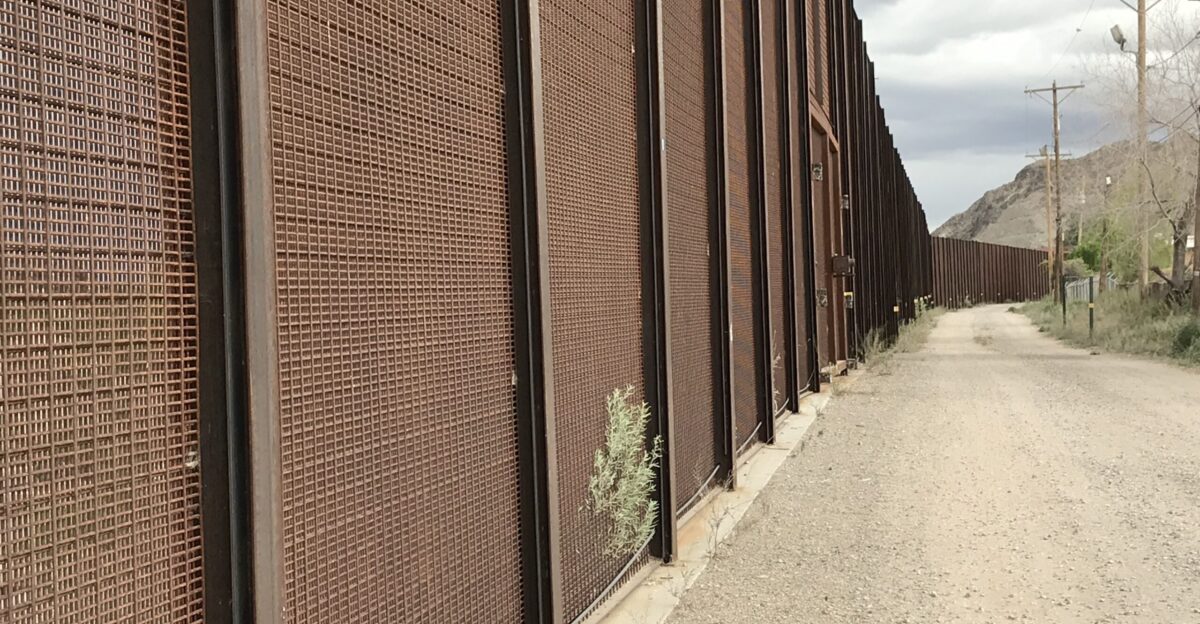
Border communities are already seeing effects. “Some people feel safer—others more anxious,” said Dr. Monica Muñoz Martinez, a historian and border expert.
Abbott emphasized legal compliance, but civil rights organizations fear stress for immigrants and mixed-status families. Field reports note visible troop presence in several Texas towns.
Confirmed States List
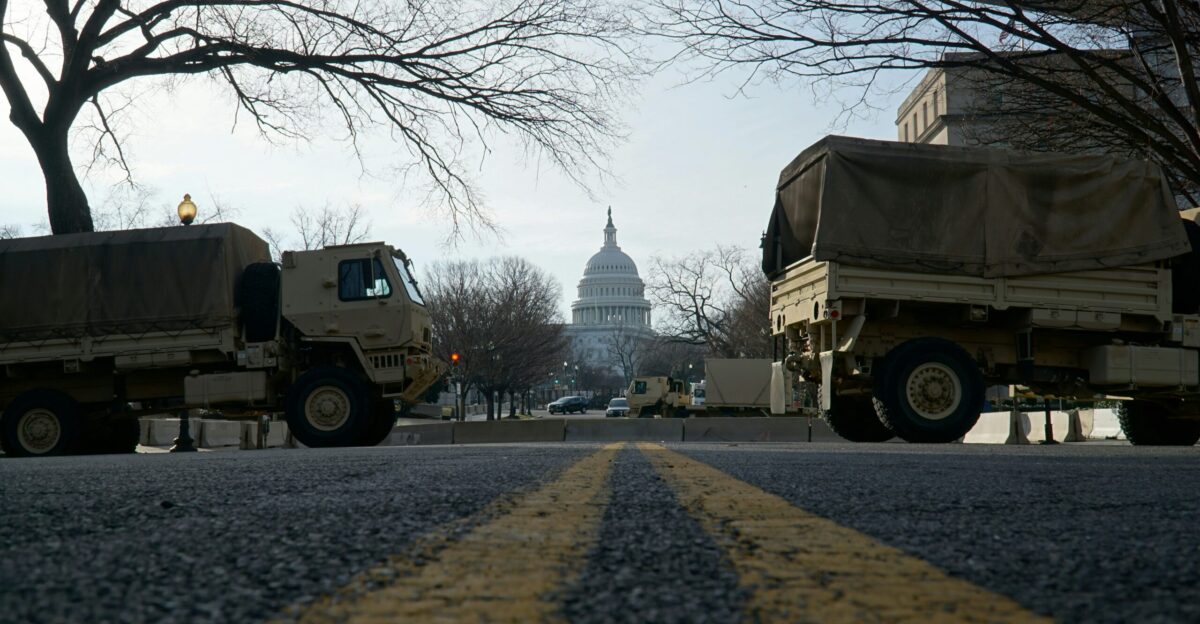
Alabama, Arkansas, Florida, Georgia, Idaho, Indiana, Iowa, Louisiana, Nebraska, Nevada, New Mexico, Ohio, South Carolina, South Dakota, Tennessee, Utah, Virginia, Texas, and Wyoming make up the confirmed list.
Pentagon documents cited by Fox News verify dates and troop numbers. Coordination meetings continue as each state prepares for arrivals.
National Trends

The deployment aligns with a trend toward stronger federal-state migration enforcement. “Title 32 allows federal funding but keeps time-sensitive control with governors,” notes Professor Geoffrey Corn, a military law expert.
Analysts see the operation as a major test for interagency readiness and command clarity in peacetime deployments.
Title 32 Twist
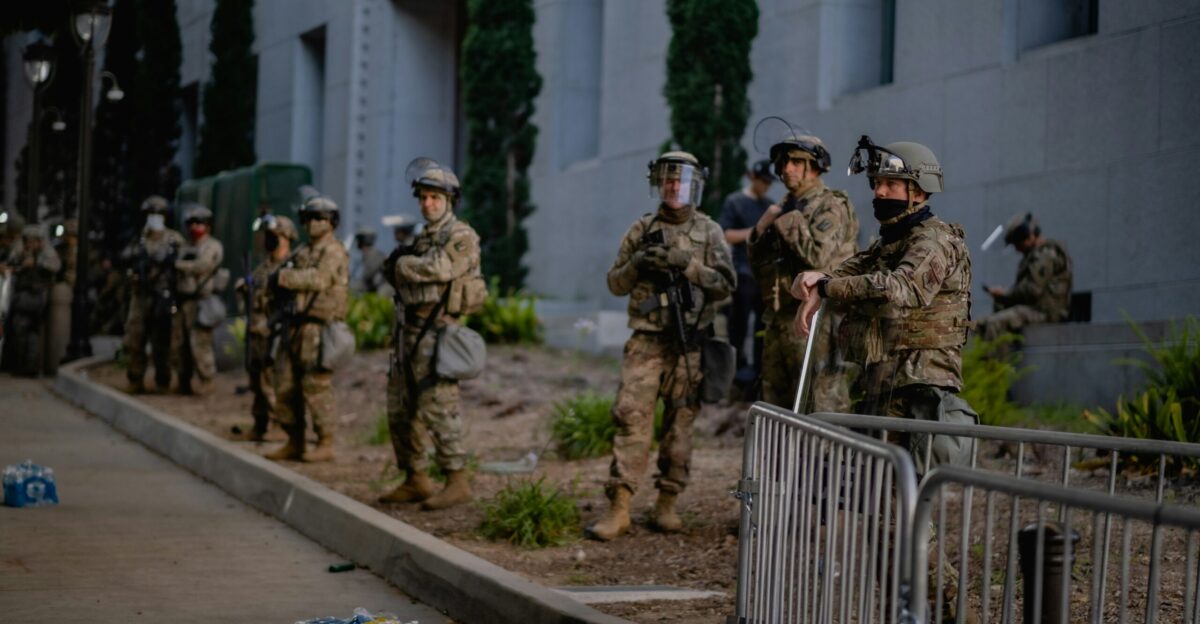
Troops will operate under Title 32 authority, a legal distinction allowing them to remain under state command but receive full federal funding.
“This hybrid approach blurs accountability,” explained Sean Parnell, chief Pentagon spokesperson. While troops can assist ICE, critics highlight risks in balancing local oversight and federal directives.
Local Leaders React

Local sheriffs and mayors have mixed feelings. “We welcome backup but need clear lines of responsibility,” said Sheriff Javier Salazar of Bexar County.
Some officials worry about communication breakdowns, citing jurisdictional uncertainties and the complexity of integrating military and civilian law enforcement workflows.
Federal-State Dynamics
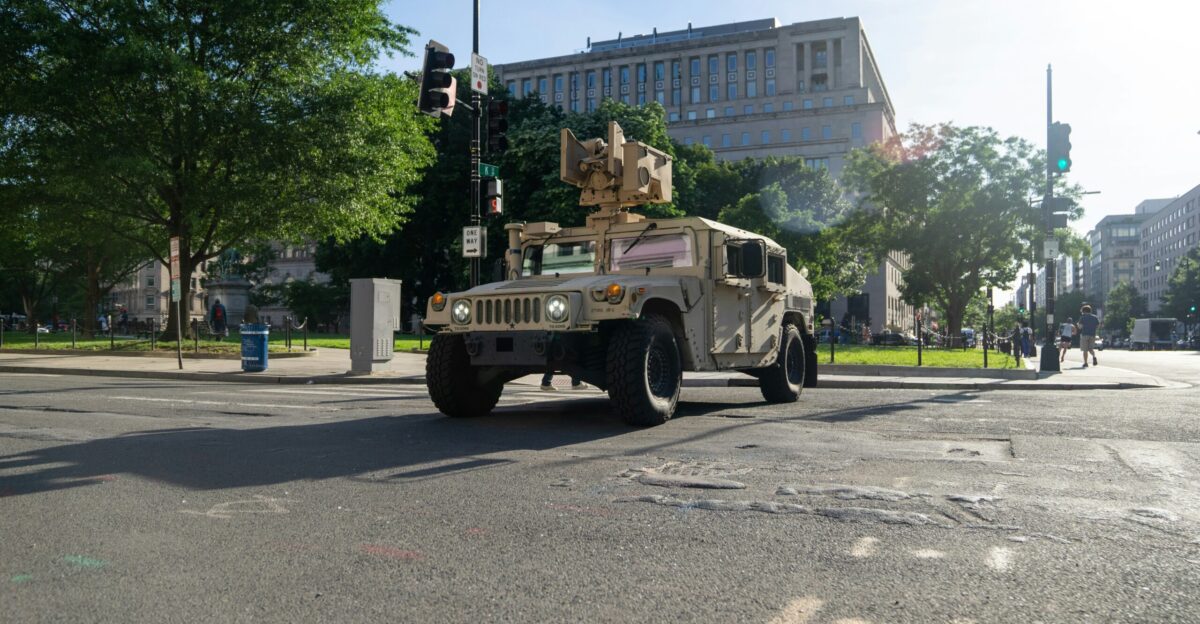
Despite White House direction, major planning falls to the Pentagon and state agencies. Pentagon spokesperson Sean Parnell emphasizes, “No National Guard troops will conduct arrests.”
Their mission will be restricted to transport, administrative, and support tasks, according to internal DHS dispatches reviewed by the Associated Press.
ICE Partners Up

ICE is the key federal partner with deployed Guard troops. National Guard members will assist with fingerprinting, transportation, paperwork, and site security at major detention and processing centers.
“Bringing in the Guard means ICE agents stay focused on frontline enforcement and investigation,” ICE official Maria Jones commented.
Experts Voice Concerns
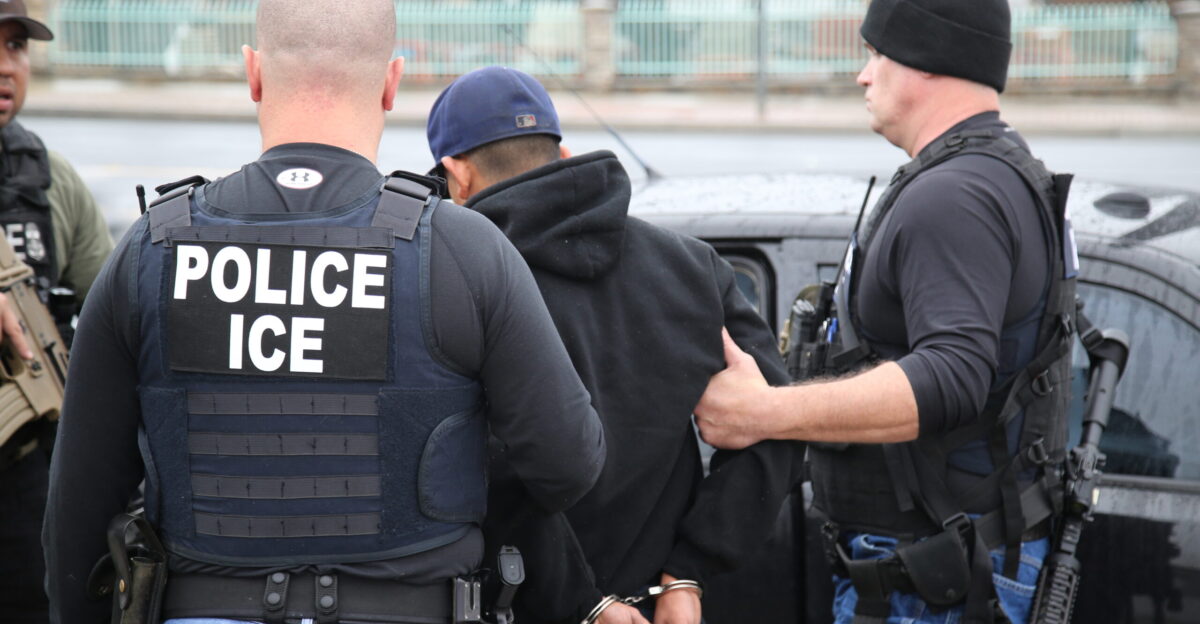
Civil rights advocates and military experts are divided. Professor William Banks (Syracuse) warns, “Normalization of military involvement in immigration is a slippery slope.”
Others argue that the neutral clerical focus preserves civilian authority, but stress the need for careful boundaries and oversight throughout the mission.
Uncertain Future
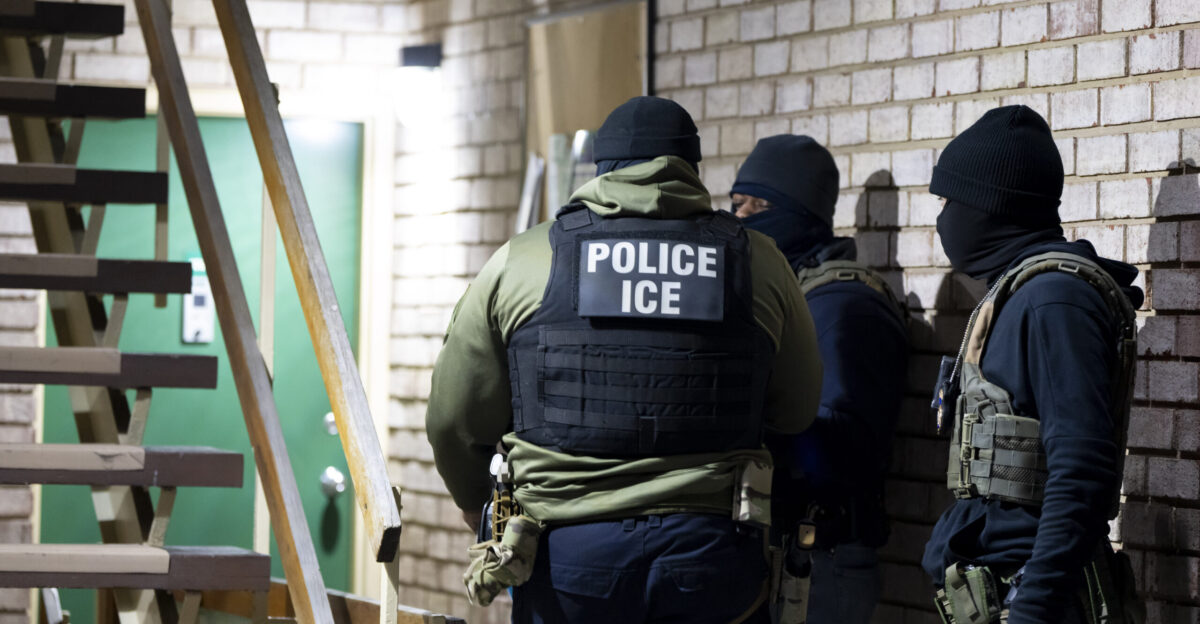
As November approaches, policymakers debate whether more states will be added or deployments extended. “We’ll evaluate the program’s impact before any further action,” a DHS deputy said.
Lawmakers from both parties demand real-time transparency, and future National Guard roles may pivot based on forthcoming crime reports.
Political Implications
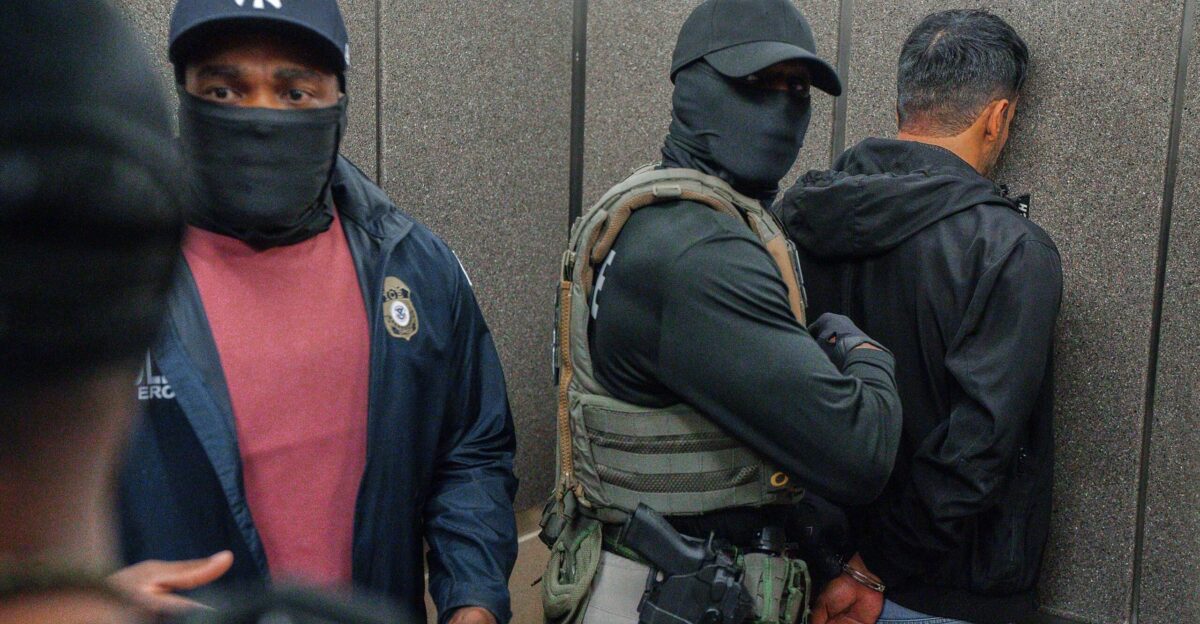
The multi-state deployment underscores Trump’s focus on law-and-order themes ahead of key elections. “Federal support remains critical,” a White House representative said, while opposition leaders warn of “overreach and civil liberty violations.” The political stakes continue to rise as responses harden on both sides.
Global Reactions

Neighboring countries and diplomatic officials monitor the deployment closely. Mexico’s Foreign Ministry urged communication and respect for due process, according to BBC.
International human rights groups called for careful oversight to ensure that migrant families are protected during operations near border and urban sites.
Legal and Ethical Questions
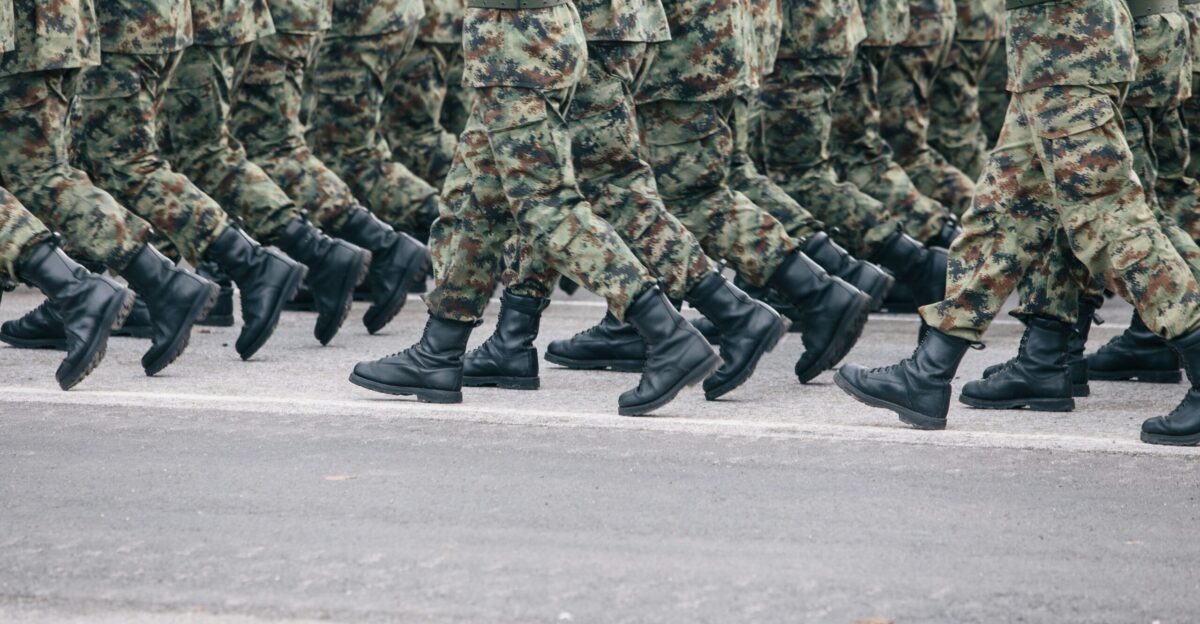
Title 32 deployments are subject to overlapping legal standards. Experts remind policymakers of the limitations under the Posse Comitatus Act, which restricts federal military involvement in civilian law enforcement. “Even administrative deployments test legal boundaries,” said military law scholar Rachel VanLandingham.
Strong Concerns

The large-scale deployment is polarizing public opinion. As the Houston Chronicle reports, some Texans feel reassured by the Guard’s presence, while others protest what they view as creeping militarization.
Young voters and recent immigrants voice especially strong concerns about the precedent being set for future interventions.
What Comes Next

The current operation may redefine the boundaries between military and civilian security in America. As debates over federal versus state roles heat up, both critics and supporters agree that the National Guard’s expanded mission this year could influence policy, politics, and public perception for years to come.